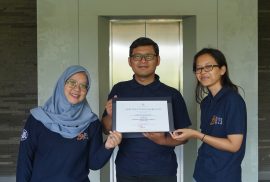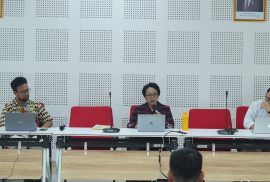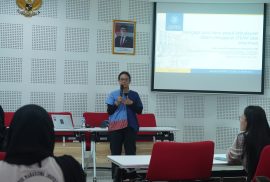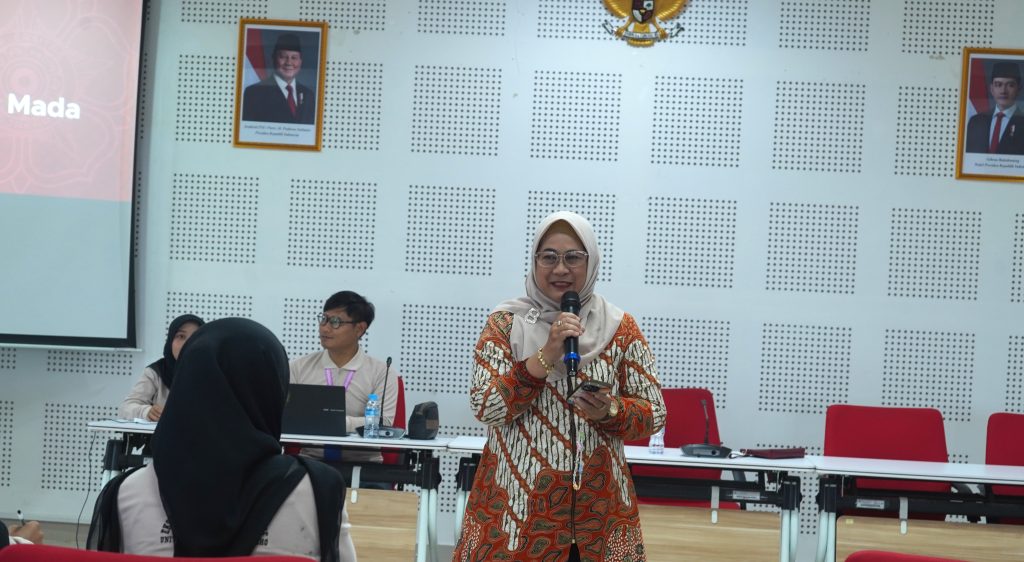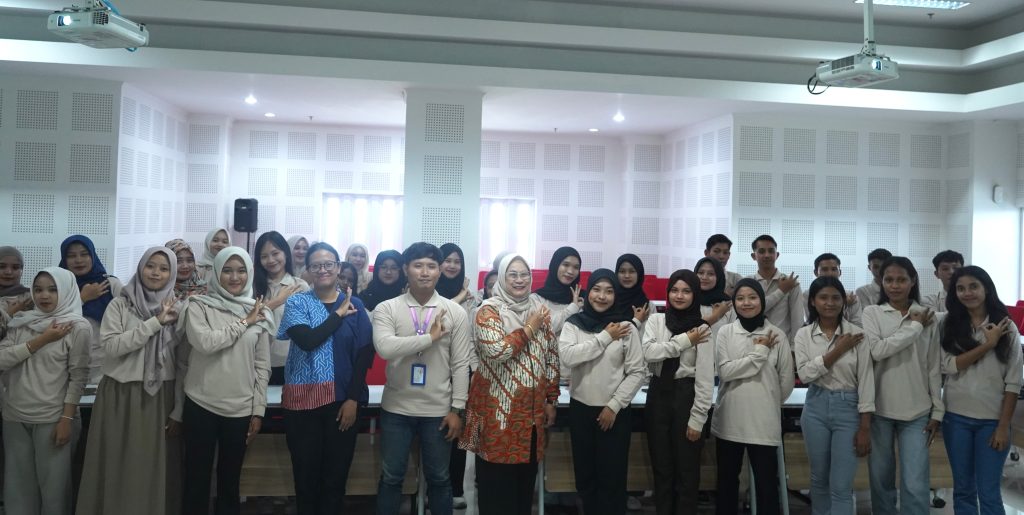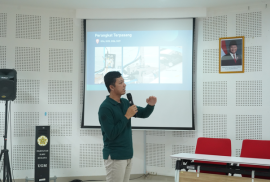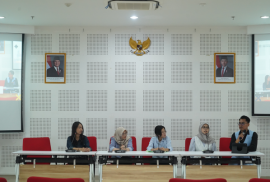Yogyakarta, December 18, 2025 – The Research and Publication Unit, together with the Journal and Publishing Bureau of the Faculty of Cultural Sciences at Universitas Gadjah Mada, received an award as the second-best performer in the SINTA achievement category at the university level for 2025. The award was announced on Thursday, 18 December 2025, at Multimedia Room 1, North Wing, UGM Central Building, and was presented by the Vice Rector for Research, Business Development, and Cooperation.
This achievement is the result of a long-term process that has been underway since 2017 and has involved various stakeholders supporting the research ecosystem at the faculty, including lecturers, administrative staff, and external researchers. Continuous collaboration has served as the main foundation for building strong research and high-quality publication practices within the faculty.
Structurally, the Research and Publication Unit and the Journal and Publishing Bureau operate under the Vice Dean for Research, Community Service, Cooperation, and Alumni Affairs. Both units play strategic roles in managing research and academic publications. The Research and Publication Unit oversees various research schemes and facilitates the acceleration of faculty publications through mentoring programs, intensive writing activities, technical workshops, as well as translation and proofreading services. In addition, the unit is responsible for entering research and publication data of faculty members and postgraduate students into various academic databases.
Meanwhile, the Journal and Publishing Bureau supports the management of faculty publication data in SINTA and Google Scholar, while also strengthening publication acceleration programs. These efforts include developing a journal database within the faculty’s academic fields, producing technical tutorials on writing and reference management, and providing guidance on journal selection and article submission. The bureau also organizes a range of workshops for lecturers and postgraduate students.
Diah, a member of the Research and Publication Unit team at FIB UGM, expressed the hope that this achievement would serve as a foundation for future research development. “Producing collaborative research that expands academic networks and exposure for scholars, thereby strengthening the credibility of FIB,” she said. In line with this view, Yoga from the Journal and Publishing Bureau team at FIB UGM emphasized the importance of joint efforts between the two units. “The synergy between these units in supporting research and publication can increase the number of scholarly works produced, while also strengthening FIB’s role so it can stand alongside and compete with STEM fields,” Yoga stated.
This award reaffirms FIB UGM’s commitment to building an inclusive and sustainable research culture. Through cross-functional collaboration and stronger publication governance, the faculty is expected to continue contributing to the advancement of knowledge with broad benefits for society and the future of higher education.
[Public Relations of FIB UGM, Candra Solihin]

